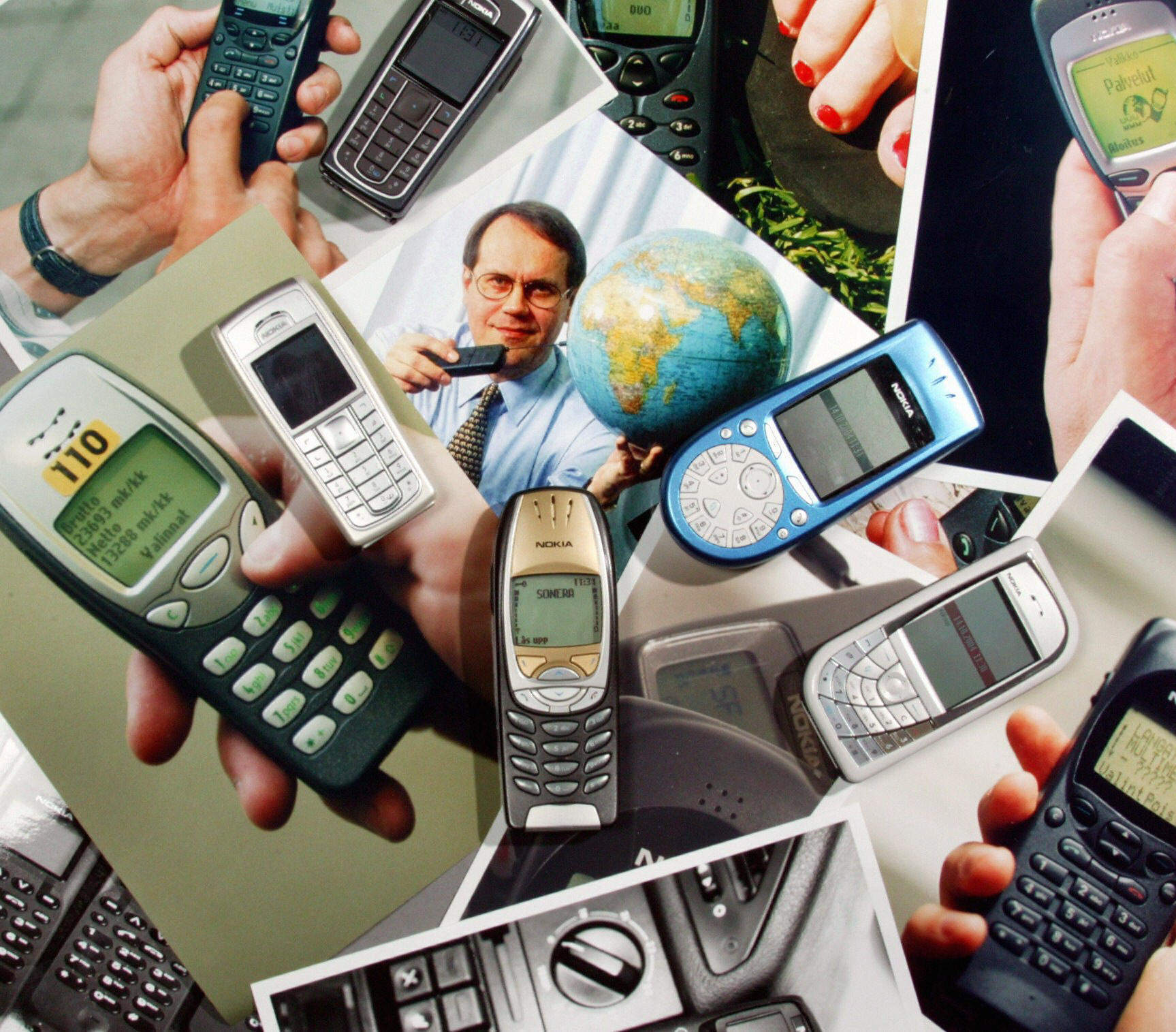
“Pushers” have contempt for “users”. They rely on them for profit but interpret the relationship as the justified exploitation of stupidity by intelligence. Drugs are an obvious example, captured during a classic exchange in the US television series The Wire.
When one user asks his dealer for a hit, the pusher replies: “It ain’t even nine, and you fiending on it . . . He’s a goddam drug addict.” Separately, when a drug lord thinks a junior colleague is losing his judgement, he asks furiously: “You ain’t using, are you?” Using is for other people: using is the business, refraining is the lifestyle.
I thought of The Wire as I was chatting with a senior executive of a soft drinks company at a corporate function. Slim and elegant, she waved away the sugary or alcoholic drinks, favouring sparkling water. Sugar was for other people.
To drugs and sugar, I’d add a third: digital dope, the rampant addiction of our time.
My favourite story from Silicon Valley relates to Jack Dorsey, the Twitter co-founder. How does Dorsey start his day? With a big hit of social media, a chunky dose of the gear he pushes to us, a fat line of digital chemicals applied to his bleary brain?
You must be joking. Dorsey kicks off every day, unfailingly, with meditation followed by a workout. He avoids checking emails until the evening. The man has got to think, you know. Dorsey, a devotee of austere food diets, retains his discipline in digital life. Like a host wandering around a party foisting doughnuts on his guests, he is privately sipping super-juices.
Protected from distractions, Dorsey dedicates his talents to finding ways to hook users into spending more time on his platform – monetising those goddam addicts.
Well, I am pushing back at the pushers and their push-notifications. There is nothing cool about the values being pushed to us by Silicon Valley. Under the pretence of joining something liberating and modern, we are giving up information and control to a class of secretive billionaires. This dichotomy will define the next generation: disciplined people creating addictions for ill-disciplined ones, and then profiting from that dependency.
The preposterous share offering by Snap (its Snapchat app allows users to send naked pictures that automatically “dissolve”) is a classic of the genre. Devise a product, whether or not it makes the world better; inflate a bubble; never make a profit; finally, having flogged the gear to stupid users, then flog it to even stupider investors by selling them shares that don’t even give them a stake in the running of the company.
Just before Christmas, I accidentally smashed the screen of my smartphone. It came back from repair with all the apps deleted. I liked app-free life and kept the phone clean. But my email was still on my smartphone. And, like most people, when I know that my emails are in my pocket I find it hard not to check them.
No longer. I’ve acquired a “dumb phone”, made by the Swiss company Punkt. This phone does two things: calls and texts. It has zero digital capacity. Emails and apps are impossible. If I want to check my emails, it must be a conscious decision, not a habit.
I’ve kept my smartphone. If I’m travelling and likely to need email access, I swap the sim card back into the smartphone. But evenings, weekends and writing days are now mostly free from emails and apps.
Since the dumb phone arrived, I’ve noticed two opposite but connected developments. First, it has helped sustained concentration, escaping into my writer’s world. Second, I’ve found it easier to switch completely into work-free family life. Days are more productive and less stressful. That’s because the addictive drug of mildly stimulating but usually meaningless curiosity – spreading through emails, tweets and
posts – is a barrier to entering a more interesting psychological space.
Cognitive reasoning relies just as much on empty space as it does on stimulation. Ideas may be initiated by information, but to grow and develop they rely on spare capacity. Fed constant information, we have no hunger to think deeply; dosed up on sweets, we’re giving up proper meals. The people pushing the pings are flogging self-medicated paralysis.
The smartphone is ten years old. A decade – that is our evolutionary exposure to living in the digital sweetshop, our hands just a moment away from another fluffy hit of sugary vapidity. We are not doing a great job of saying no.
That was the central insight of Petter Neby, Punkt’s founder. After a series of losing battles with his teenage stepdaughter about smartphone addiction, Neby then looked at himself. Checking his emails late at night, he was taking those problems to bed with him. “Technology is not the problem,” he explained to me last week. “We’re benefiting from it in this conversation now. But we must be the master of technology, not it the master of us.
“I could have written a book about it, but I’m an entrepreneur, not a writer,” Neby said. “I had to find my way to do something I’m in disagreement with.”
The shocking thing about the ubiquity of digital life is the paucity of our ambition. Can’t we choose a more exciting lifestyle model than fiddling with a small rectangle? Go back to square one – how do I want to live? – and ask yourself, “Who would advocate smartphone addiction?”
Intermittent fasting, we now know, is far healthier than any degree of “healthy eating”. It’s the same with our digital diet. Need inspiration? Think of the Silicon Valley mogul – post-meditation and post-workout – laughing at you fumbling for your phone first thing in the morning. “Ain’t even six,” he says to his masseuse, “and they’re fiending on it. Goddam addicts!”
This article appears in the 08 Feb 2017 issue of the New Statesman, The May Doctrine





